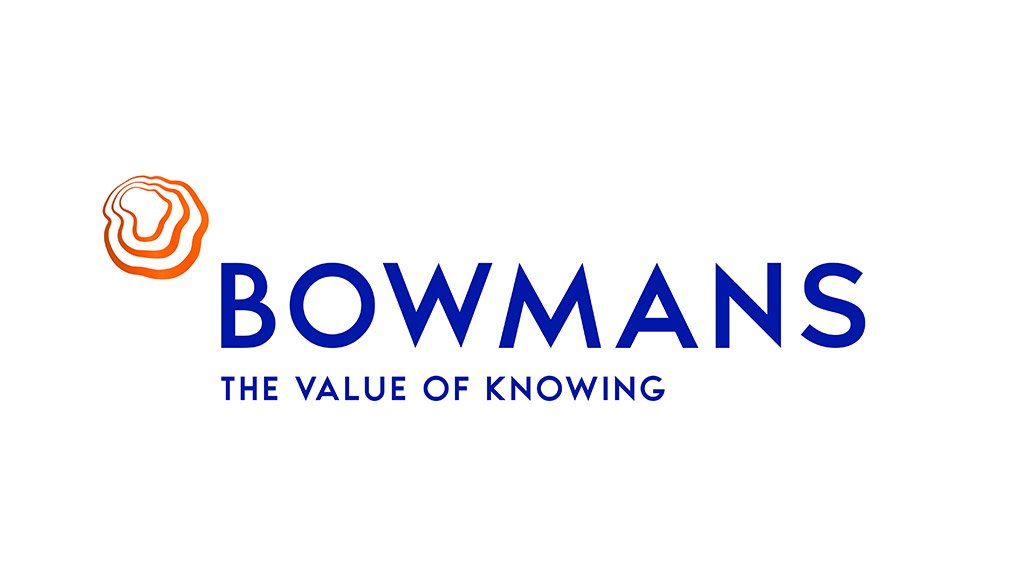In the 2017 Budget Speech, Minister Gordhan noted that (for the first time since 2009/10) tax revenues have not kept pace with economic growth. The projected tax revenue shortfall for 2016/17 is R30.4 billion – the largest shortfall relative to budgeted estimates in seven years. In particular, personal income tax is down by an estimated R15.2 billion due to lower wage increases and bonuses.
The 2017 Budget proposals include a new top personal income tax bracket of 45% for taxpayers with a taxable income above R1.5million per year. According to Minister Gordhan, approximately 100 000 taxpayers will be affected by the new bracket. To put this in perspective, going forward, these taxpayers will be responsible for 26.3% of the total amount of personal income tax paid).
The new top marginal income tax bracket combined with partial relief for so-called “bracket creep” is expected to contribute R16.5 billion of the total amount of R28 billion that the tax proposals are projected to raise.
“Bracket creep” (also referred to as “fiscal drag”) occurs when personal income tax tables are not fully adjusted for inflation, so that inflationary salary adjustments push taxpayers into a higher tax bracket, reducing their after-tax income. [According to the commentary to the 2017 Budget Review, an estimated R14.6 billion in additional revenue could have been brought in if no adjustments were made to the personal income tax tables in 2017/18. The “bracket creep” adjustment for 2017/18 provides for R2.5 billion in relief (bringing in R12.2 billion as additional revenue).]
The personal income tax burden has been steadily increasing since 2010/2011. In recent years, government has not been in a position to provide full inflationary relief and has raised the effective personal income tax rate. The top marginal tax rate stood at 40% for a number of years until it was increased to 41% last year. A sudden increase of 4% is arguably quite drastic and, (as noted on page 40 of Chapter 4 of the 2017 Budget Review) “[c]ontinuing to raise the personal income tax burden over a long period of time could have negative consequences for growth and investment.” This is particularly so when the burden is being carried by a limited number of taxpayers who may be encouraged to migrate to “friendlier” tax jurisdictions (and have the means to do so).
That being said, the increase is in keeping with the theme of Minister Gordhan’s speech: transformation. The Minister noted in his opening address that 95% of the wealth of the country is in the hands of 10% of the population, so it is no surprise that the tax reforms target the upper end of the income spectrum.
Writen by Kelly Pretorius, senior associate, Tax, Bowmans
EMAIL THIS ARTICLE SAVE THIS ARTICLE ARTICLE ENQUIRY
To subscribe email subscriptions@creamermedia.co.za or click here
To advertise email advertising@creamermedia.co.za or click here











